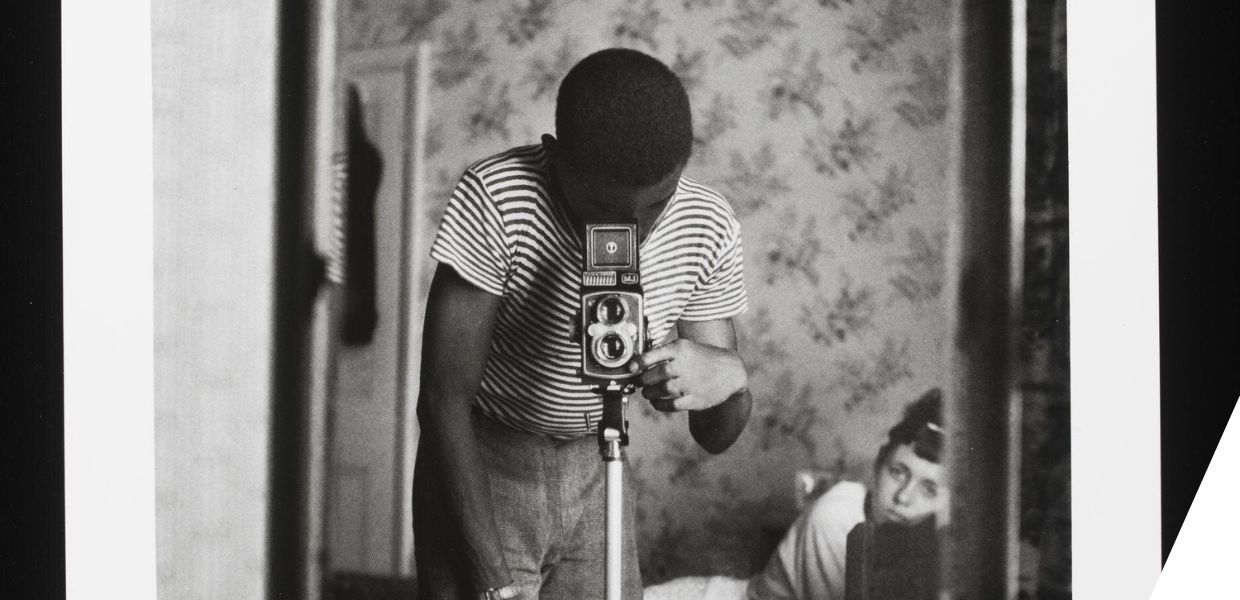This October, Europeana has marked Black History Month by sharing stories of Black history from the past to the present - find out what we planned and explore our Black History Feature page.
We also want to explore and share what cultural heritage institutions can do to acknowledge, surface and highlight Black history in their own collections, all year round. To do this, we posed this question to three expert organisations.
The Young Historians Project is an organisation of young historians of African and Caribbean heritage in Britain working on projects often related to overlooked historical moments. Our Genetic Legacy exposes and publishes lost family legacies of BIPOC Americans to diversify the current history of America to include all Americans. And the Association for the Study of African American Life & History are the founders of Black History Month in the United States. They disseminate information about Black life, history and culture to the global community. Read their insights below.
'Make histories and collections open and accessible' - Young Historians Project
Many institutions, such as the Black Cultural Archives and the Ahmed Iqbal Ullah RACE Centre, have paved the way for others to look to house, preserve and celebrate the histories of Black Caribbean and African people in Britain. However, many institutions still gatekeep their collections, with limited access to the public. It is integral to the surfacing of these histories to make these materials and donated ephemera available to the wider public, not merely for academics or senior government officials. As we have seen from the growth of membership in the Young Historians Project, many younger people of Black Caribbean and African descent have a willingness to learn about our history but to be able to do so, these histories must be accessible. It is the mission of YHP to widen the accessibility of this knowledge, and we urge cultural heritage institutions to do the same.
Hannah and Ruben, Young Historians Project
'Integrate technology' - Our Genetic Legacy
All of Our Genetic Legacy’s work involves the biological and cultural descendants of the people whose stories we are sharing. I believe that cultural heritage institutions would greatly benefit from a similar approach.
So much of what is shared about Black history comes from the perspective of white men who inherited the privilege of those who once participated in enslavement. Chinua Achebe wrote, ‘Until the lion learns how to write, every story will glorify the hunter.’ It is time to share the historical perspectives of the descendants. It is time to empower Black voices to tell Black stories by removing the barriers the gatekeepers of history have spent centuries fortifying.
Steps towards that end should include disbursement of resources from an equity vs equality standpoint. The equitable telling of Black history must include access to advanced technology to recover and scientifically analyse data.
My organisation uses both DNA and advanced drone technology to restore and publish lost ancestral legacies. Without the use of technology, these descendants would never know their history beyond the stories of trauma and enslavement that are traditionally presented as a complete history. It is my hope that other institutions will follow the lead of Our Genetic Legacy.
Shellie Baxter from Our Genetic Legacy
‘Centre the Black experience’ - Association for the Study of African American Life & History
We must build coalitions among schools, galleries, museums, archives, libraries and other cultural institutions to advance and ‘centre’ the Black experience. These coalitions should be intersectional by design in order to represent the many identities and experiences that make up Blackness. We also have to commit to start our legacy on the continent of Africa taking our narratives beyond the transatlantic slave trade and other migratory events that impacted the descendants of Africa.
We also should petition the United Nations to extend the International Decade for People of African Descent | United Nations another 10 years! We need more time to build alliances throughout the African diaspora.
Omar Eaton-Martínez, Executive Council Member, Association for the Study of African American Life & History

